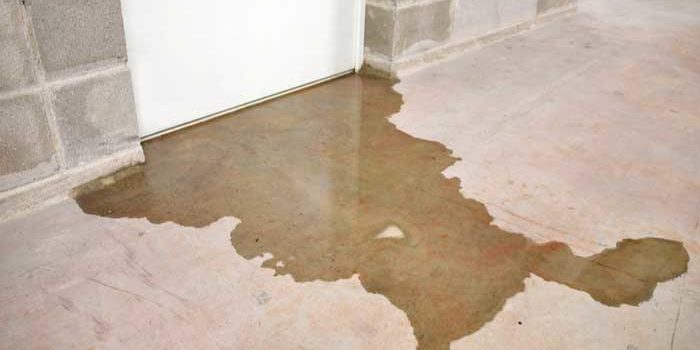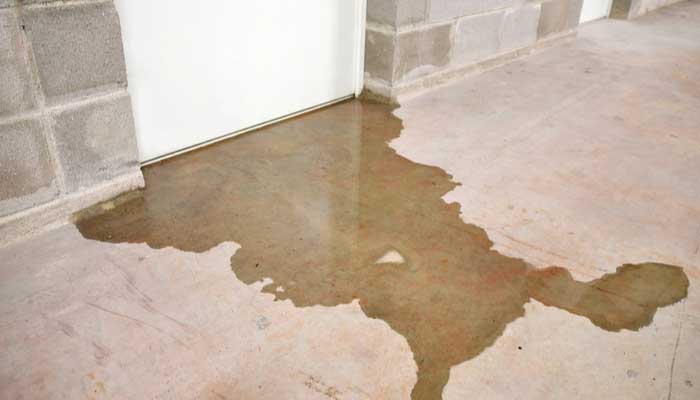

Is Your Basement Trapping Moisture? Here’s how to Avoid Mold
Home ImprovementHow ToxPick February 17, 2021 Nick McLane 0

Depending on where you live, basement humidity might be a serious issue for you. A damp basement can seriously affect the value of your home and can even result in structural damage. Fighting this humidity can be quite the uphill battle. If you’re at your wit’s end with a damp basement, here’s some tips for trying to dry it out!
How to Dry out a Damp Basement
Ventilate Well
Make sure the basement is well-ventilated! Still, stagnate air is ideal for moisture to accumulate. Dark, still and quiet areas are also prime real estate for mold growth. The last thing you want in your house is mold! On a dry day, open doors or basement windows and put fans in the basement. Get that air circulating! Move it the heck out of your basement! Pair this with things like a dehumidifier to make sure you’re really drying the place out.
Dehumidifier
A straightforward solution might just be to run a dehumidifier in your basement. A lot of folks overthink their damp basement problems and don’t think about this incredibly straightforward and cost-effective solution. For around $200, a dehumidifier alone might just solve your entire problem.
Just set up a medium-sized dehumidifier in the basement and let it run. These are a great idea for a number of reasons. For one thing, they can keep moisture buildup from resulting in dangerous puddles. For another, they can also reduce the growth of mold, which loves dark, moist areas. This means that running a dehumidifier can do wonders for your health!
Reseal and Plug Leaks
The concrete in your basement may need resealing if a dehumidifier alone can’t solve your problem. If this is the case, don’t panic. If you’re noticing a lot of condensation through the concrete walls or floor of your basement, you can address the problem by resealing the concrete. You can go to any hardware store and find concrete paint and sealer. There are varieties for both walls and floors, so make sure you get the one that addresses your specific issues.
While you’re resealing your concrete, make sure you address any potential leaks too. Things like basement windows, openings for your dryer to vent heat and the like can be entryways for a lot of moisture. This is especially true in rainy regions or during wet times of the year. Make sure to seal these areas well with silicone seals or weather strips. Then, make sure you run a dehumidifier and ventilate the area well.
Address Any Issues with your Gutters
If your gutters have spouts that let out close to your foundation, they could be pouring water into your basement. This can ruin even the best weather-treatment or sealing. To remedy this, make sure the spouts from your gutters let out at least four feet from your home. Additionally, make sure that the water that leaves the spout runs downhill away from your home. It won’t do any good to just have it roll back into your house!
This is better for you home in general, too, not just your basement. The erosion this can cause around your foundation is pretty severe. The value of a home with a compromised foundation is negligible compared to one with a solid foundation! This should be high on your list of considerations if you have gutters that let out near your home.
Air Out Wet Items Outside
If you’ve got wet items from the basement flooding or just general dampness, take them out of the basement. It might seem like a good place to air them out but think about it. If you’re trying to dry the basement out, you really don’t need to have damp items airing out. That’s just going to work against all the hard work you’re doing trying to dry the place!
Instead, take things like wet suitcases or furniture outside to a patio or deck. That way, they’re exposed to open air and sunlight and will dry out much faster. This also ensures that your home isn’t exposed to even more moisture! If the items you’re drying can’t go outside, consider drying them in the garage or a bedroom that is well ventilated.











No comments so far.
Be first to leave comment below.